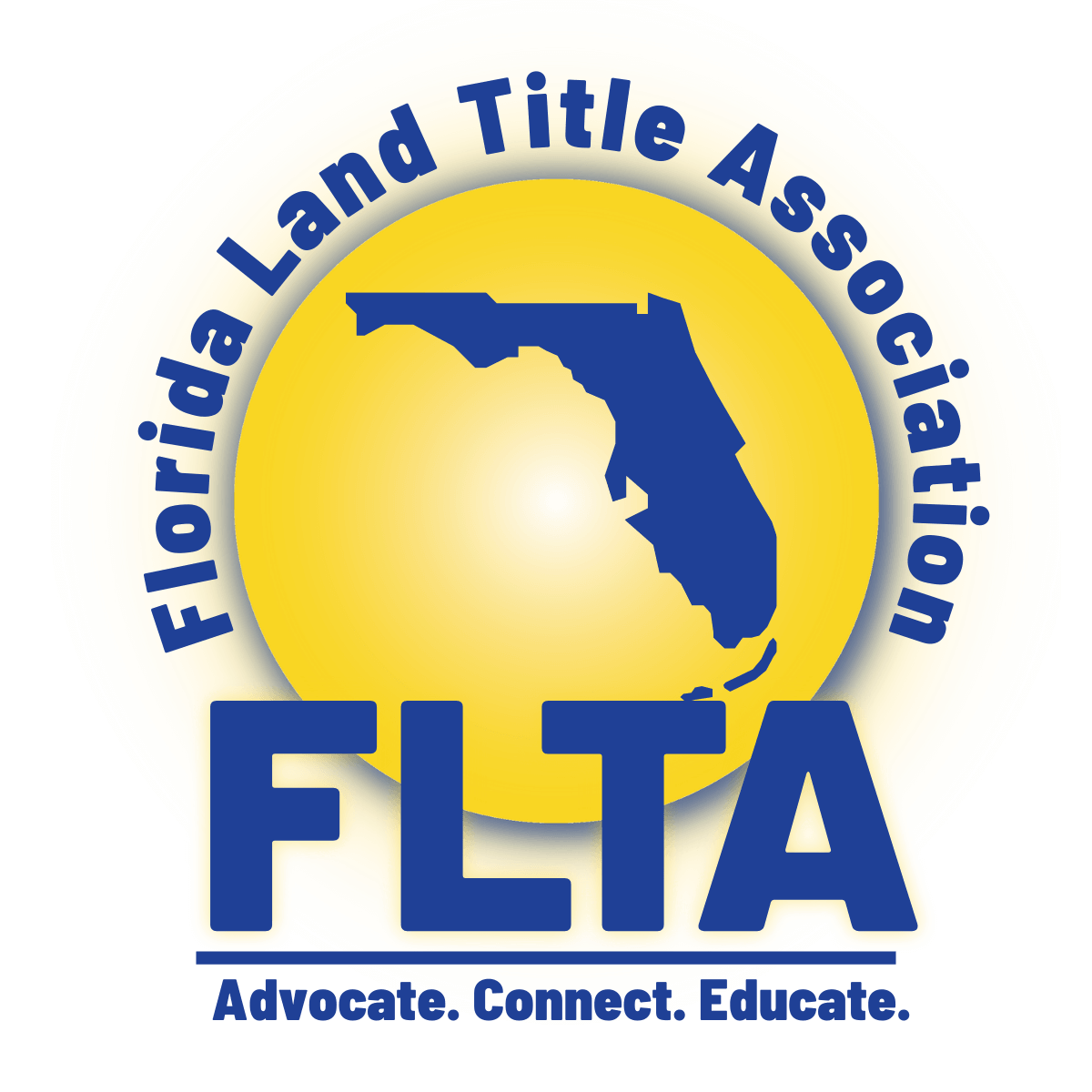Contact Us
Place introduction text here.. Subtitle Partim orba seductaque. Porrexerat mutatas ita campos caelum viseret locoque rudis. Homini tollere aer caeli acervo. Occiduo onus origo zonae iapeto inminet nulli elementaque. Deducite…
Read MoreEmergency Briefing Webinar: CFPB’s Shake-up & Its Impact on You
Complimentary from October Research, LLC The status of the Consumer Financial Protection Bureau (CFPB) is changing practically every day. To help navigate this rapidly evolving landscape, we’re hosting an emergency…
Read MoreIndustry and Regulatory Outlook webinar: Complimentary
Join October Research, LLC as they explore the latest trends affecting title insurance and mortgage professionals on the annual Industry and Regulatory Outlook webinar. To give you a competitive edge, October Research…
Read MoreTitle & Escrow Meetup: Picnic and Yoga
October 11, 2024 | 5:00 PM – 7:30 PM | Crandon Park Key Biscayne, Miami, FL Hosted by Rexera Hey Miami, let’s hang out! Join us for a good time,…
Read MoreWomen’s Leadership Summit (WLS) 2024 – Agenda now available
Nov. 3-4, Cleveland, OH The Women’s Leadership Summit (WLS) 2024 has released this year’s agenda, featuring interactive sessions on delegation, collaboration, negotiation, networking, communication, resilience, wellness and more. This is your opportunity…
Read MoreEconomic Forecast Series featuring Doug Duncan
Oct. 15, 2024, at 2 p.m. ET, Complimentary Join the team at October Research, LLC for an exclusive webinar featuring Fannie Mae’s acclaimed economist, Doug Duncan, as he returns to the Economic…
Read More2024 Real Estate Economy – The Year So Far and What’s Ahead
Join Odeta Kushi (First American), Michael Fratatoni (MBA), and Anton Tonev (Rexera) in a free webinar as they discuss key economic trends shaping real estate in 2024. Topics include: The…
Read MoreFLTA Charitable Action Foundation Opens Call for Trustees
In 2021, the Board of Directors of the Florida Land Title Association established the FLTA Charitable Action Foundation, Inc., a 501(c)3 nonprofit organization. The organization has continued FLTA’s mission of…
Read MoreFinCEN Issues Final Rules to Safeguard Residential Real Estate, Investment Adviser Sectors from Illicit Finance
Back in February 2024 FinCEN released proposed rule RIN 1506-AB54 addressing Anti-Money Laundering Regulations for Residential Real Estate Transfers and FLTA responded with its own letter of recommendations in April. After reviewing more than 600 comments,…
Read More
